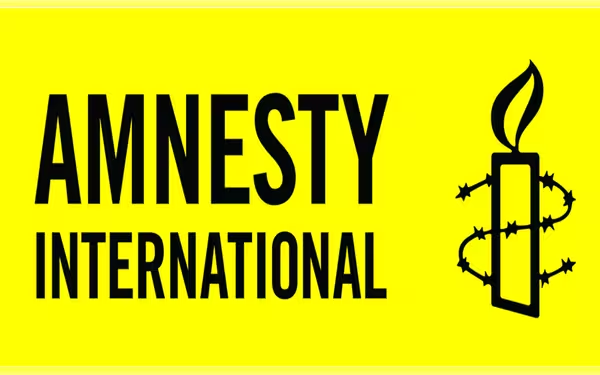Saturday, November 16, 2024 04:33 PM
Amnesty International Urges India to Halt Repression in IIOJK
- Amnesty International condemns repression in IIOJK.
- Travel bans and detentions silence dissenting voices.
- Elections overshadowed by widespread human rights violations.
 Image Credits: gnnhd
Image Credits: gnnhdAmnesty International calls on India to stop repressing dissent in IIOJK, highlighting travel bans and arbitrary detentions.
The situation in Indian Illegally Occupied Jammu and Kashmir (IIOJK) has been a topic of concern for many years. The region has faced significant turmoil, especially after India revoked its special autonomous status in August 2019. This decision led to increased tensions and a crackdown on dissenting voices. Recently, Amnesty International (AI) has raised alarms about the ongoing repression in IIOJK, calling on Indian authorities to cease their oppressive tactics.
Amnesty International, a well-known human rights organization, has highlighted the alarming use of travel bans and arbitrary detentions by Indian authorities. These measures are reportedly aimed at silencing those who speak out against the deteriorating human rights situation in the region. Aakar Patel, a representative from Amnesty International, emphasized that the repression has escalated since the revocation of the region's special status. He pointed out that many individuals have faced arbitrary detentions, passport revocations, and even the creation of unclear 'no flying lists' that prevent them from traveling.
Furthermore, the denial of entry into India and the arbitrary cancellation of Overseas Citizenship of Indians have been used as tools to intimidate those who dare to voice their concerns. This situation raises serious questions about the state of democracy and freedom of expression in IIOJK. The first phase of the so-called elections for the Jammu and Kashmir Assembly recently took place, but reports indicate that these elections are overshadowed by widespread repression.
The call from Amnesty International serves as a reminder of the importance of protecting human rights and allowing voices of dissent to be heard. The people of IIOJK deserve the right to express their opinions freely without fear of retribution. As the world watches, it is crucial for the Indian government to reconsider its approach and foster an environment where dialogue and dissent are not only tolerated but encouraged. Only then can true peace and stability be achieved in the region.













